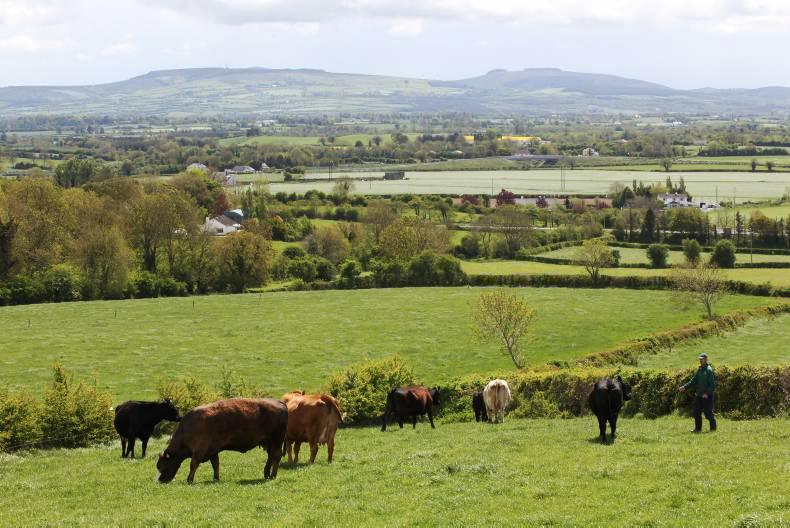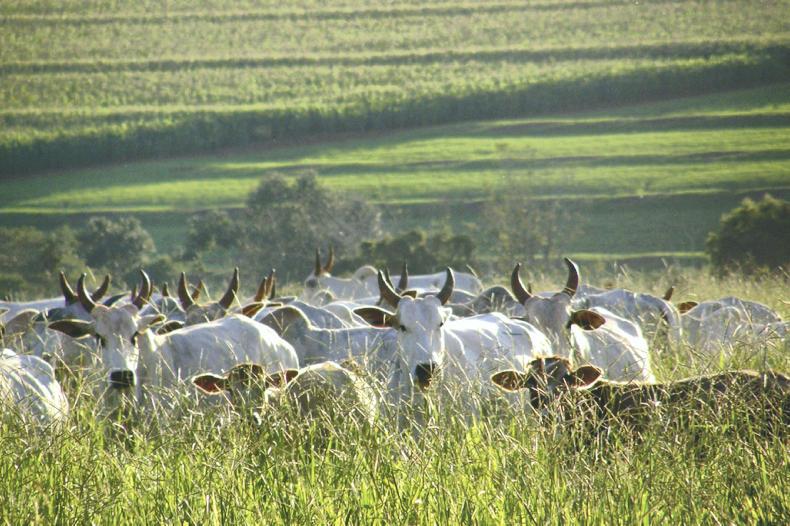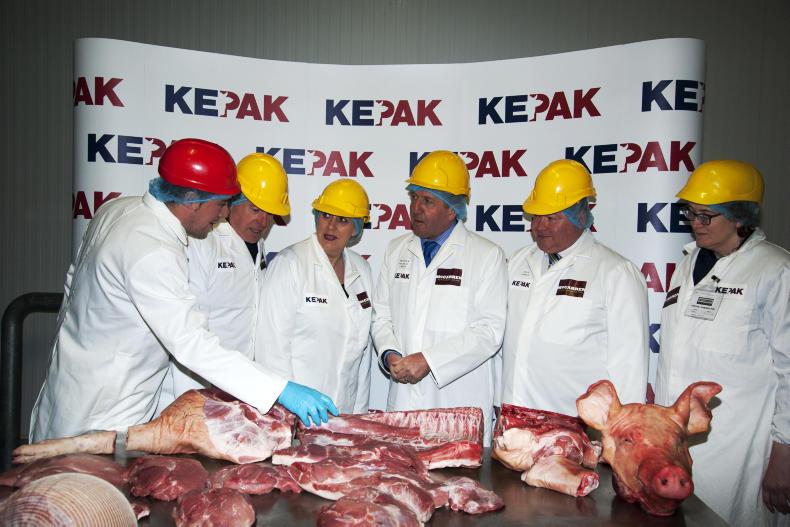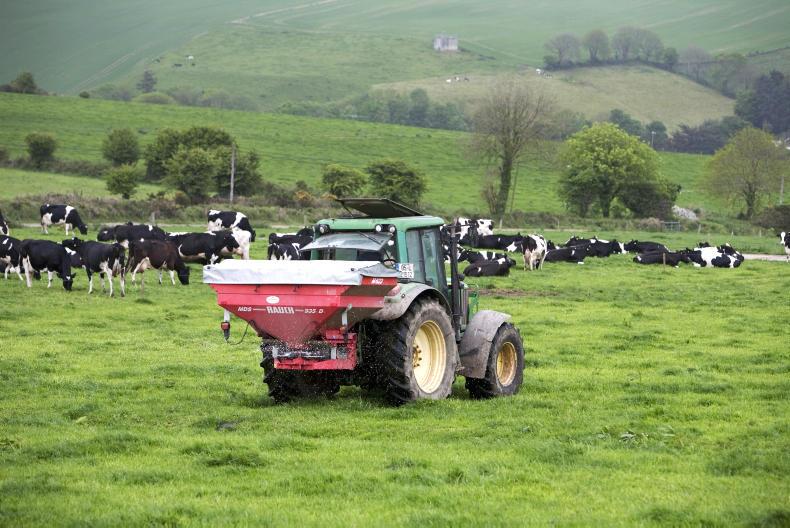Speaking at a briefing in the European Parliament in Brussels last week, IFA national livestock chair Angus Woods said that Europe needs to reassess its approach to trade negotiations for agriculture, and particularly the vulnerable beef sector, in the context of the dramatically changed policy environment as a result of Brexit and other significant policy decisions in the dairy sector.
Brexit has dramatically changed the policy landscape and the European Commission must take account of this in existing and future trade deals and negotiations, the livestock chair said.
“Trade is important to the Irish beef sector and the European market is critical. That is why we cannot allow trade deals damage our EU market. A free trade policy with world market prices will not work for the European beef sector. Just look at the damage that policy has inflicted on our grain sector,” he added.
Woods said that the cumulative effect on the EU beef market of all bilateral trade agreements must be published and taken into account in market access negotiations. In addition, the effect of Brexit must be analysed and assessed.
“All EU beef imports must meet the same animal health, welfare, traceability and environmental standards as are required of EU producers. This is not the case today and this must be rectified to bring EU producers and consumers with us.
‘‘Production standards in South American countries, such as Brazil, fail to meet EU standards on the key issues of traceability, animal health and welfare controls, the ban on hormone growth promoters and environmental controls.
“EU beef, sheep and pigmeat must be designated as sensitive products, with any increased market access granted under tariff rate quotas (TRQs) on a fair basis, reflecting the ‘natural fall’ of cuts. In addition, some level of tariffs must be retained on all EU beef imports under any agreed TRQ – there can be no zero tariff quotas,’’ Woods concluded.










SHARING OPTIONS